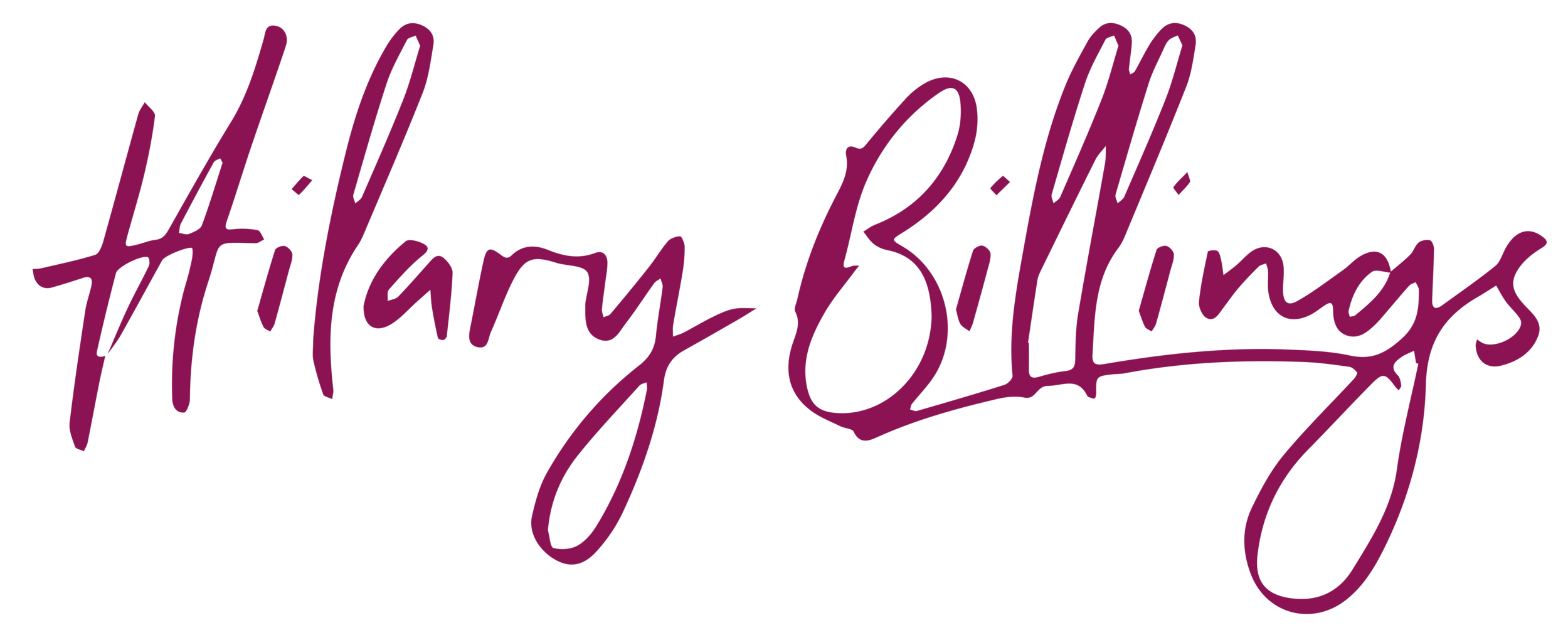How to Approach Conflict With Confidence
There’s one facet of any relationship - platonic or romantic - where most people seem to struggle. And frankly, how people handle this ONE THING determines the success or failure of a relationship over time. And that thing is how to approach conflict.
From my experience, most people see the presence of conflict as a problem. But the reality is, the longer you’re around somebody, the more likely you are to have a major disagreement about something. And as Tony Robbins says, “Conflict is caused by someone having different rules than you do.” It’s only natural that after a decade of friendship or being in a romantic relationship, you’re going to uncover different rules.
The problem isn’t that conflict exists in relationships. The REAL issue is how to approach the conflict. How do you go about approaching conflict with confidence?
Because of how I grew up, I always felt the need to defend my choices, my rules, my decisions. That’s because when I would do something bad, it was tied to “me” being bad, which directly affected my self-worth. So not only did I need to defend why something happened the way that it did, but I also needed to convince others that it wasn’t my fault, so they too could see I had worth.
But this approach never worked out for me. And further, it led me to choose friends who also needed to prove things weren’t their fault. This led to no one taking accountability, a lot of blaming, and our relationships crumbling.
Can you think of a time where this has happened to you?
I’ve since learned the most powerful thing I can do is remove the emotion of the situation when analyzing the conflict, and instead focus on the facts. So I ask the following questions when I want to approach conflict with confidence:
What do I know?
My friend (or significant other) loves me, has always had my back, and has always given me the benefit of the doubt. What’s changed?
Nothing on that front has changed, other than an external situation on which we don’t see eye to eye.
How do we move forward?
By communicating directly to them how much I love them, how the situation made me feel, and what I’d like to see happen differently in the future.
This framework is not only repeatable, but incredibly effective.
When we recognize that conflict is not a “sign” of a bad or unhealthy relationship, but rather a sign that we’ve been invested so long it’s time to grow in new ways, we can focus on the real issue: the disagreement. By refusing to allow conflict to come between people, and instead come at it together, conflict is not only totally manageable, but it can actually deepen relationships further. How you approach conflict can give you the confidence to move forward and grow together.
So how do you have confidence that your friendships and romantic relationships can stand the test of conflict?
Talk about it now, before there’s conflict.
Tell them you know that disagreements are bound to arise and you want to discuss a game plan for how you will handle them together.
Determine together what’s considered fair play and not, (ie. “If you’re upset with me, I want you to come to me directly. I will do my best to stay grounded and open to hearing you out if you can try to remove the action from my worth as a person.” or “I want us to always remember that we love each other, and say that, before we talk about what the issue is”).
Discuss what’s out of bounds (i.e. “Me doing something you disagree with does not make me a bad person, and we will separate the situation from our worth as people”).
These boundaries, when respected by both parties, can lead to incredible paradigm shifts in your relationships. It also allows you to weed out those who can’t play at this level (yet) and shows you who’s willing to play on your team.
Utilizing these techniques will help you in approaching any conflict with confidence.




